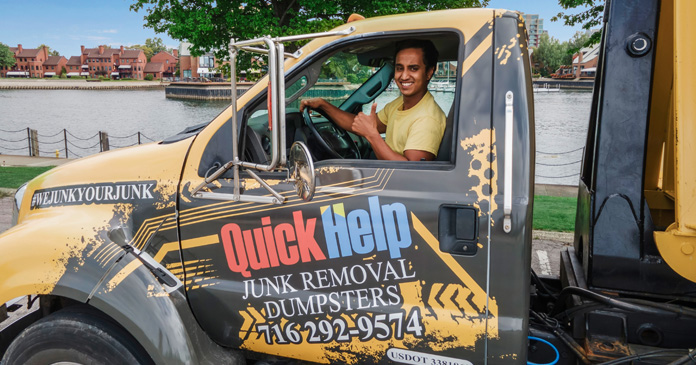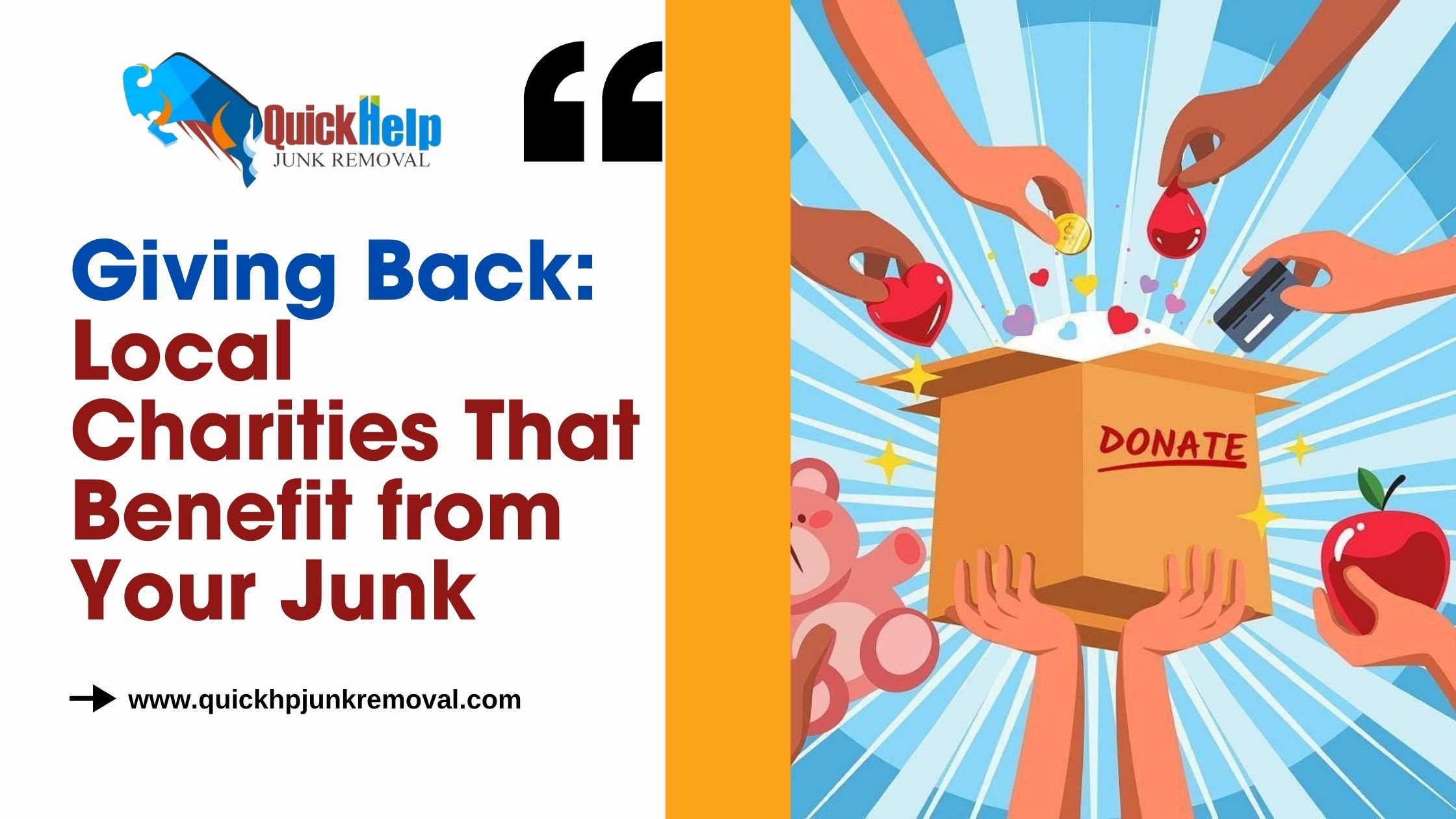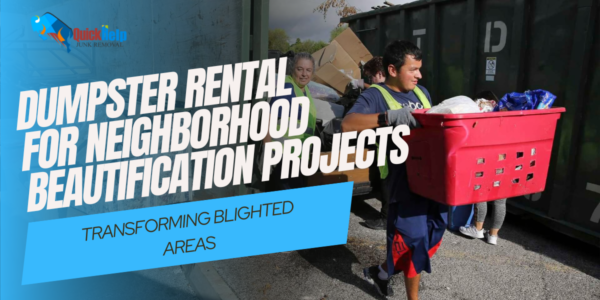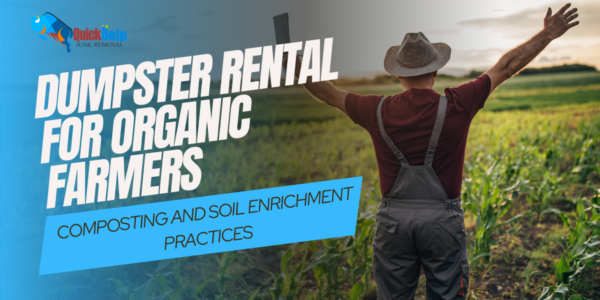That cluttered basement, overflowing closet, or garage full of “someday” projects isn’t just taking up space—it’s a goldmine of opportunity for local charities in desperate need of resources. While you’re wondering what to do with all that accumulated stuff, organizations in your community are struggling to serve families, seniors, students, and vulnerable populations with limited budgets and endless needs.
The beautiful truth about junk removal? What feels like a burden to you could be exactly what transforms someone else’s life. That box of kitchen supplies gathering dust might help a domestic violence survivor establish her first independent home. Those art supplies your kids outgrew could spark creativity in an after-school program serving at-risk youth.
Most people know about dropping clothes at Goodwill, but the real impact happens when you dig deeper—when you discover the specialized local charities that can turn your discarded items into life-changing resources for your neighbors. These aren’t just donation centers; they’re community lifelines that depend on people like you to fuel their missions.
Ready to discover how your next cleanout can become a powerful act of community service? Let’s explore the local organizations that are waiting to transform your junk into hope, opportunity, and positive change.
Why Local Charities Are Your Best Donation Partners
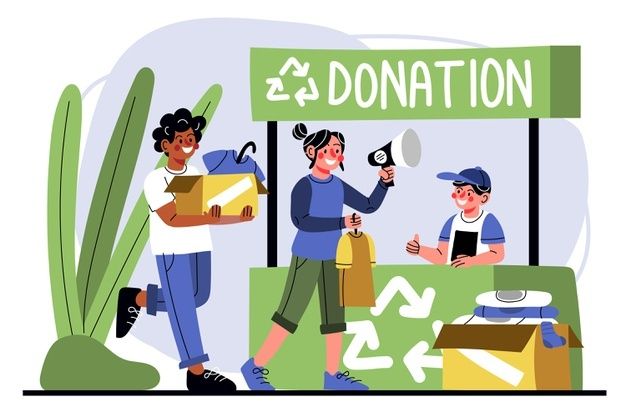
Direct Community Impact
Unlike large national organizations, local charities serve the people in your immediate community. Your donation doesn’t travel across the country or get lost in bureaucracy—it goes directly to families in your neighborhood, schools your kids might attend, and programs that serve your local area.
Immediate Needs Fulfillment
Local charities often operate with urgent, specific needs that change weekly or even daily. They’re not stockpiling donations for future distribution; they’re matching your items to real people with immediate needs. That means your contribution has instant, visible impact.
Personal Connection and Transparency
When you donate locally, you can often see exactly how your items are being used. Many organizations will update you on their programs, invite you to volunteer, or even introduce you to the people your donations helped. This transparency creates meaningful connections between donors and recipients.
Reduced Environmental Impact
Local donations mean shorter transportation distances, lower carbon footprints, and faster redistribution. Your items stay in the community ecosystem rather than being shipped across regions, making the entire process more environmentally sustainable.
Family and Children’s Services Organizations

Homeless Family Shelters
These organizations provide temporary housing and support services for families experiencing homelessness, and they need everything required to help people rebuild their lives from scratch.
What They Need Most:
-
- Complete sets of dishes, cookware, and kitchen utensils
-
- Bedding, towels, and linens in good condition
-
- Children’s clothes, toys, and books
-
- Personal hygiene items and toiletries
-
- Small appliances like coffee makers and microwaves
-
- Furniture suitable for small spaces
The Hidden Impact: When a family transitions from shelter to permanent housing, they often leave with nothing but the clothes on their backs. Your donated kitchen starter set might be what allows a mother to cook her first meal in her new home, or your children’s books could provide comfort during a traumatic transition.
Domestic Violence Support Centers
These organizations provide safe housing and support services for survivors of domestic violence who often flee abusive situations with nothing but emergency necessities.
What They Need Most:
-
- Professional clothing for job interviews
-
- Cell phones and chargers for safety communication
-
- Household items for establishing new homes
-
- Children’s items including clothes, toys, and school supplies
-
- Personal care items and toiletries
-
- Gift cards for groceries and necessities
The Life-Changing Impact: Survivors often arrive at shelters with nothing, having left everything behind for their safety. Your donated professional clothing might help someone secure employment and independence, while your household items could help them create a safe, stable environment for their children.
Youth Programs and After-School Centers
These organizations provide educational support, recreational activities, and safe spaces for children and teenagers, particularly in underserved communities.
What They Need Most:
-
- Art and craft supplies for creative programs
-
- Sports equipment for recreational activities
-
- Books and educational materials
-
- Board games and puzzles
-
- Musical instruments and equipment
-
- Technology like tablets or computers for learning
The Educational Impact: Many children in these programs don’t have access to enrichment activities at home. Your donated art supplies might be what allows a child to discover their artistic talents, or your old laptop could provide a student with their first opportunity to learn digital skills.
Senior and Disability Services
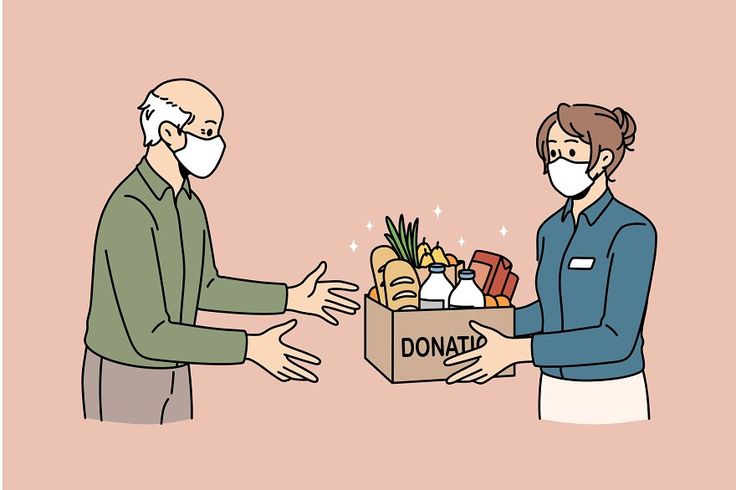
Senior Centers and Adult Day Programs
These organizations provide social activities, meals, and support services for older adults in your community, helping them maintain independence and social connections.
What They Need Most:
-
- Craft supplies for art therapy and activities
-
- Books, magazines, and large-print materials
-
- Board games and puzzles for cognitive stimulation
-
- Exercise equipment for fitness programs
-
- Kitchen items for cooking classes
-
- Gardening supplies for therapeutic programs
The Wellness Impact: Social isolation is a serious health risk for seniors. Your donated craft supplies might be what brings a group of seniors together for a weekly art class, or your puzzle donations could provide cognitive stimulation that helps prevent dementia.
Disability Services Organizations
These groups provide support, resources, and advocacy for people with disabilities, helping them live independently and participate fully in community life.
What They Need Most:
-
- Adaptive equipment and assistive devices
-
- Electronics and communication devices
-
- Transportation aids like wheelchairs or walkers
-
- Sensory items for therapy programs
-
- Job training materials and supplies
-
- Recreational equipment adapted for different abilities
The Independence Impact: Your donated items can literally change someone’s ability to function independently. That unused tablet might become a communication device for someone with speech difficulties, or your exercise equipment could be crucial for someone’s physical therapy program.
Educational and Youth Development
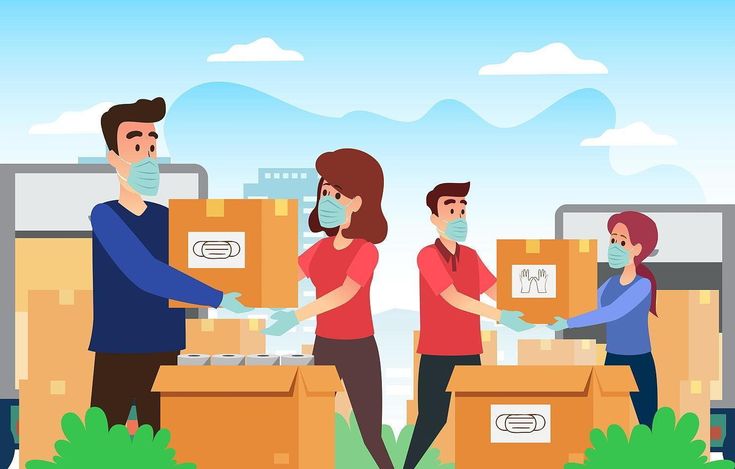
Public Schools and Teachers
Teachers consistently spend their own money on classroom supplies, and many schools in underserved areas operate with minimal budgets for educational materials.
What They Need Most:
-
- Art supplies for creative learning
-
- Books for classroom libraries
-
- Science equipment and materials
-
- Technology like computers or tablets
-
- Office supplies for daily operations
-
- Furniture and storage solutions
The Learning Impact: Your donations directly enhance children’s educational experiences. Those art supplies might be what allows a teacher to implement a creative writing program, or your donated books could provide the first personal library many students have ever accessed.
Community Libraries
Beyond books, libraries serve as community hubs offering programs, technology access, and educational resources for people of all ages.
What They Need Most:
-
- Books and magazines in good condition
-
- Technology equipment for public use
-
- Programming supplies for events and classes
-
- Furniture for reading areas and study spaces
-
- Games and puzzles for family programs
-
- Art supplies for maker spaces
The Community Impact: Libraries serve as equalizers in communities, providing free access to resources and opportunities. Your donated items help ensure that everyone, regardless of economic status, has access to learning and enrichment opportunities.
Boys & Girls Clubs and Community Centers
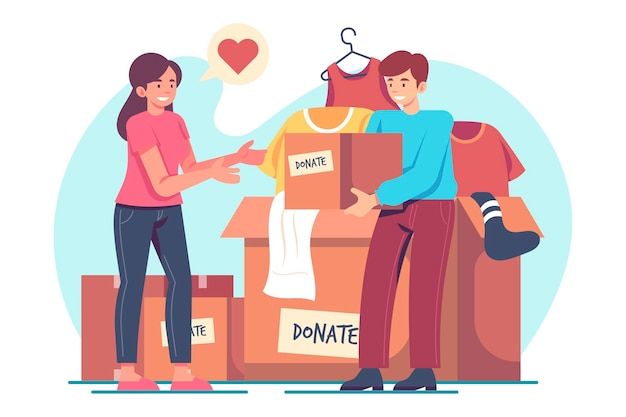
These organizations provide safe spaces, educational support, and recreational activities for children and teenagers, particularly in underserved communities.
What They Need Most:
-
- Sports equipment for athletic programs
-
- Art supplies for creative activities
-
- Board games and recreational items
-
- Technology for learning programs
-
- Musical instruments and equipment
-
- Furniture and storage solutions
The Development Impact: These organizations often serve as safe havens for children who might otherwise be unsupervised after school. Your donated sports equipment might be what gets a child involved in team activities, teaching them cooperation and leadership skills.
Health and Wellness Organizations
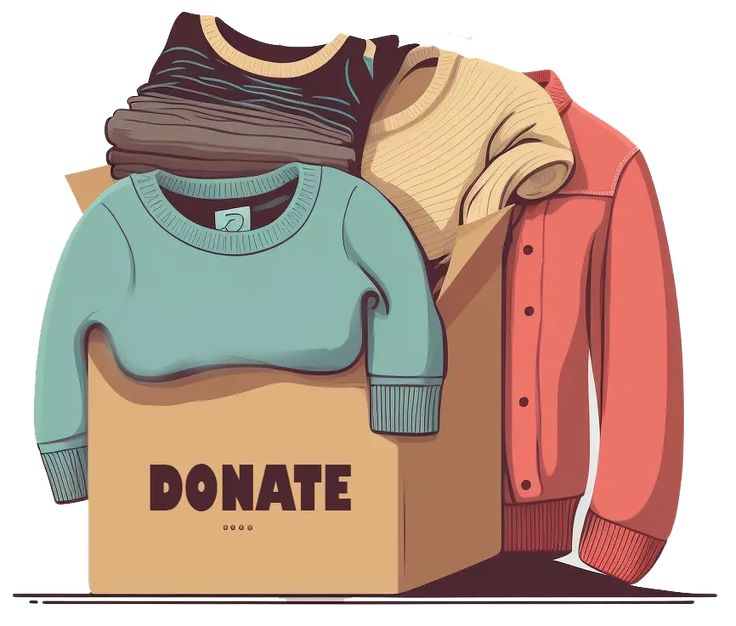
Community Health Centers
These organizations provide healthcare services to underserved populations and often need supplies and equipment to support their programs.
What They Need Most:
-
- Medical equipment and supplies
-
- Furniture for waiting areas and offices
-
- Technology for patient services
-
- Educational materials about health
-
- Comfort items for patients
-
- Office supplies for daily operations
The Health Impact: Community health centers serve as crucial safety nets for families who can’t afford private healthcare. Your donations help ensure these organizations can focus their limited budgets on direct patient care rather than administrative expenses.
Mental Health Support Organizations
These groups provide counseling, support groups, and resources for people dealing with mental health challenges, addiction recovery, and trauma.
What They Need Most:
-
- Comfortable furniture for therapy spaces
-
- Art supplies for therapeutic activities
-
- Books and educational materials
-
- Technology for communication and programs
-
- Office supplies for daily operations
-
- Recreational items for group activities
The Healing Impact: Mental health services are often underfunded and understaffed. Your donations help create welcoming, therapeutic environments where people can feel safe to heal and grow.
Religious and Faith-Based Organizations
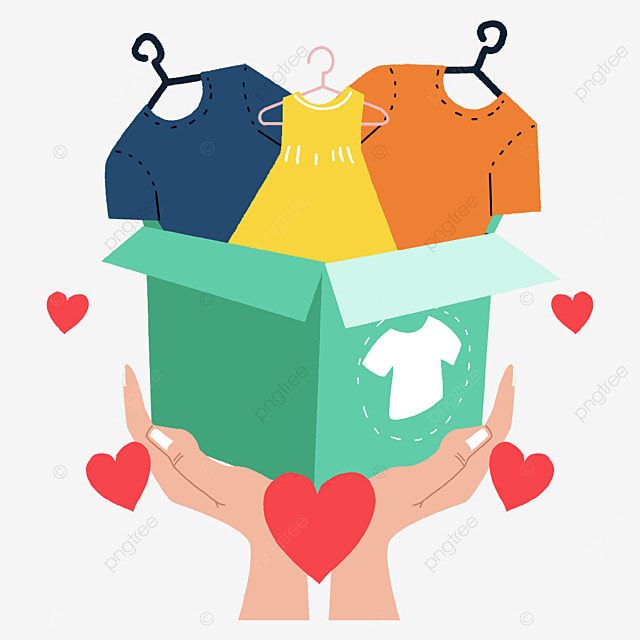
Churches, Synagogues, and Religious Centers
These organizations often run food banks, clothing closets, and community support programs that serve people regardless of their faith background.
What They Need Most:
-
- Food and household items for assistance programs
-
- Clothing for all ages and seasons
-
- Furniture for families in need
-
- Children’s items and toys
-
- Kitchen supplies for community meals
-
- Office supplies for program administration
The Service Impact: Faith-based organizations are often first responders in community crises. Your donations help them maintain ongoing programs that provide consistent support to vulnerable families and individuals.
Food Banks and Pantries
These organizations collect and distribute food to families experiencing food insecurity, but they also need non-food items to serve their communities comprehensively.
What They Need Most:
-
- Non-perishable food items
-
- Personal hygiene products
-
- Cleaning supplies and household items
-
- Baby supplies including diapers and formula
-
- Pet food and supplies
-
- Reusable shopping bags
The Hunger Impact: Food insecurity affects people from all backgrounds, including working families who simply can’t make ends meet. Your donations help ensure that no one in your community goes hungry or lacks basic necessities.
Environmental and Community Development
Community Gardens and Urban Farms
These organizations promote sustainable living, provide fresh food access, and create green spaces in urban areas.
What They Need Most:
-
- Gardening tools and equipment
-
- Containers and planters
-
- Seeds and plants
-
- Composting materials
-
- Educational materials about gardening
-
- Infrastructure supplies for garden development
The Sustainability Impact: Community gardens serve multiple purposes: providing fresh food access, teaching sustainable practices, and creating community gathering spaces. Your donations help these organizations expand their reach and impact.
Environmental Justice Organizations
These groups work to protect communities from environmental hazards and promote sustainable living practices.
What They Need Most:
-
- Educational materials and supplies
-
- Technology for research and advocacy
-
- Office supplies for daily operations
-
- Equipment for environmental monitoring
-
- Supplies for community education programs
-
- Transportation resources for outreach
The Environmental Impact: Environmental justice organizations often work in communities most affected by pollution and climate change. Your donations help them advocate for policy changes and educate communities about environmental health.
How to Find and Connect with Local Charities

Research Strategies
Start by searching online for “[your city] local charities” or “[your area] nonprofit organizations.” Many cities have directories of local nonprofits that list their missions and needs.
Contact your city hall or local government offices—they often maintain lists of community organizations and can provide recommendations based on your specific donations.
Check with local religious organizations, even if you’re not a member. Many maintain extensive knowledge of community needs and can direct you to appropriate organizations.
Making the Connection
Call organizations directly to discuss your donations. Many have specific needs or restrictions that aren’t obvious from their websites, and a phone conversation can help you understand exactly how your items can be most useful.
Ask about pickup services for large donations. Many organizations offer this service but don’t advertise it widely, especially for significant contributions.
Inquire about volunteer opportunities. Many donors find that volunteering helps them understand an organization’s needs better and creates more meaningful connections.
Building Ongoing Relationships
Consider establishing regular donation relationships rather than one-time contributions. Many organizations prefer consistent, smaller donations over sporadic large ones because it helps them plan and budget more effectively.
Join mailing lists or follow social media accounts to stay informed about urgent needs and special programs. This helps you time your donations for maximum impact.
Attend fundraising events or volunteer appreciation gatherings. These events help you see the direct impact of your contributions and connect with other community-minded people.
Maximizing Your Impact
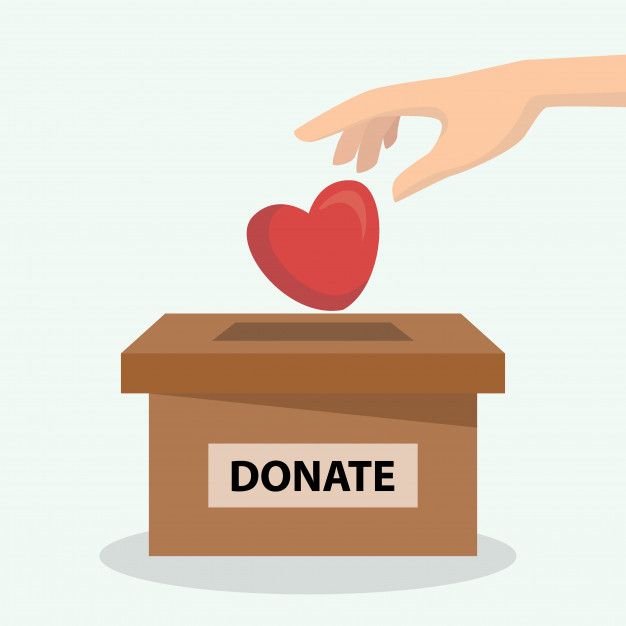
Seasonal Considerations
Back-to-school season (July-September) is crucial for organizations serving children and families. This is when donations of school supplies, children’s clothing, and educational materials have the biggest impact.
Winter months create urgent needs for warm clothing, blankets, and household items as heating costs strain family budgets and homelessness increases.
Holiday seasons present opportunities for special donations like toys, gift cards, and items that create celebration opportunities for families in need.
Quality Over Quantity
Focus on donating items that are truly useful rather than simply clearing out unwanted belongings. Organizations spend significant time and resources sorting through donations, so quality contributions are more valuable than large quantities of unusable items.
Consider the dignity of recipients when making donations. Would you be comfortable using the items you’re donating? If not, they may not be appropriate for donation.
Strategic Donations
Group similar items together and donate them as complete sets when possible. A complete kitchen starter set is more valuable than individual utensils donated separately.
Consider the timing of your donations. Contact organizations to understand their storage capacity and distribution schedules.
Think about the end users when making donations. A family transitioning from homelessness has different needs than seniors in a day program.
Tax Benefits and Documentation
Keep detailed records of your donations including descriptions, quantities, and estimated values. Most organizations will provide donation receipts for tax purposes.
Research the tax benefits of donating to different types of organizations. Some donations may be more beneficial than others from a tax perspective.
Consider donating appreciated assets like stocks or real estate directly to organizations rather than selling them first. This can provide additional tax benefits while maximizing your contribution.
Common Mistakes to Avoid

Assumption Errors
Don’t assume organizations need everything you’re offering. Many have specific needs and limited storage space, so unsolicited donations can actually create burden rather than help.
Don’t assume that newer or more expensive items are always better donations. Sometimes older, simpler items are more practical for organizations’ needs.
Timing Mistakes
Don’t show up with donations during busy program hours or without advance notice. Most organizations have specific times for receiving donations and limited staff to process them.
Don’t donate items that require immediate attention during times when organizations are already stretched thin, such as during holiday programs or back-to-school rushes.
Preparation Oversights
Don’t donate items that are dirty, broken, or incomplete without first checking with the organization. Many have strict policies about the condition of donated items.
Don’t mix truly unusable items with good donations. This creates extra work for volunteers and staff who must sort through everything.
Relationship Misunderstandings
Don’t expect immediate acknowledgment or updates about how your donations were used. Many organizations operate with limited staff and may not have time for extensive donor communication.
Don’t impose restrictions on how your donations must be used unless the organization agrees in advance. Flexibility helps organizations serve their communities more effectively.
Creating Lasting Impact
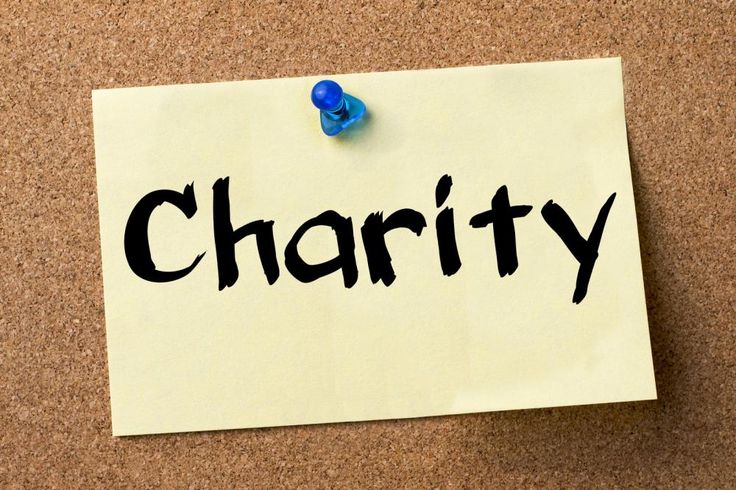
Thinking Beyond Stuff
While material donations are valuable, consider offering your time, skills, or expertise alongside your items. Many organizations need help with technology, marketing, financial management, or program development.
Consider making monetary donations alongside item donations. Cash contributions help organizations cover operational costs that item donations can’t address.
Building Community Connections
Encourage friends, family, and colleagues to donate to organizations you support. Many people want to help but don’t know where to start.
Share your positive donation experiences on social media to inspire others and raise awareness about local needs.
Consider organizing donation drives at your workplace, school, or community group. Collective efforts can have significantly greater impact than individual donations.
Long-Term Thinking
Think about how your consumption habits might change based on your donation experiences. Many people become more mindful consumers after seeing how many items they accumulate.
Consider the lifecycle of items you purchase. Choosing quality items that can be donated when you’re finished with them is more sustainable than buying disposable goods.
Conclusion: Transforming Junk into Hope
Your next cleanout doesn’t have to be just about getting rid of stuff—it can be about investing in your community’s future. Every item you donate thoughtfully represents an opportunity to support someone’s education, help a family get back on their feet, or provide resources for important community programs.
The key is shifting your perspective from “getting rid of junk” to “redistributing resources.” When you approach donations with intention and awareness of community needs, you become part of a network of people working together to ensure that everyone has access to the items and opportunities they need to thrive.
Local charities aren’t just grateful recipients of your donations—they’re partners in creating stronger, more resilient communities. By building relationships with these organizations, you’re not just clearing out your space; you’re actively participating in the work of community building and mutual support.
Start by identifying one or two local organizations whose missions resonate with you. Contact them to learn about their needs and donation processes. Once you experience the satisfaction of knowing your items are making a real difference in someone’s life, you’ll find that giving back becomes a natural part of your decluttering routine.
Your junk has the power to become someone else’s treasure, hope, and opportunity. All it takes is the intention to connect with the right organizations and the commitment to donate thoughtfully. The next time you’re facing a cleanout, remember that your discarded items could be exactly what transforms someone’s life—and your community—for the better.
How Quick Help Junk Removal Supports Community Giving
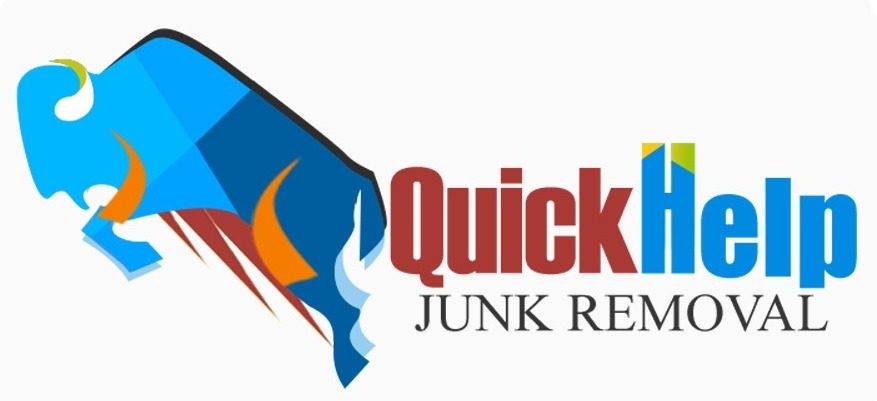
At Quick Help Junk Removal, we believe that one person’s junk can truly become another person’s opportunity. That’s why we go beyond simple hauling—we sort, donate, and responsibly redirect usable items to local charities and nonprofit partners whenever possible. From gently used furniture to electronics and household goods, we help ensure your cleanout contributes to something bigger.
When you choose us, you’re not just clearing space—you’re investing in your community. Let us handle the heavy lifting while you enjoy the peace of knowing your unwanted items might just become someone else’s fresh start.
📞 Call or text us at (716) 292-9574
🌐 Learn more or book online: quickhpjunkremoval.com
#GiveBackWithPurpose #JunkToJoy #BuffaloJunkRemoval #QuickHelpJunkRemoval #DonateNotDump
